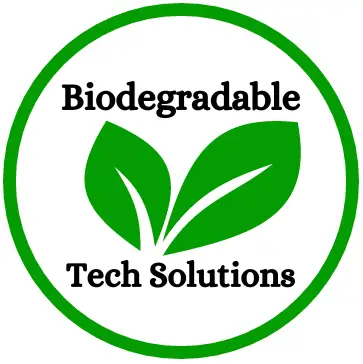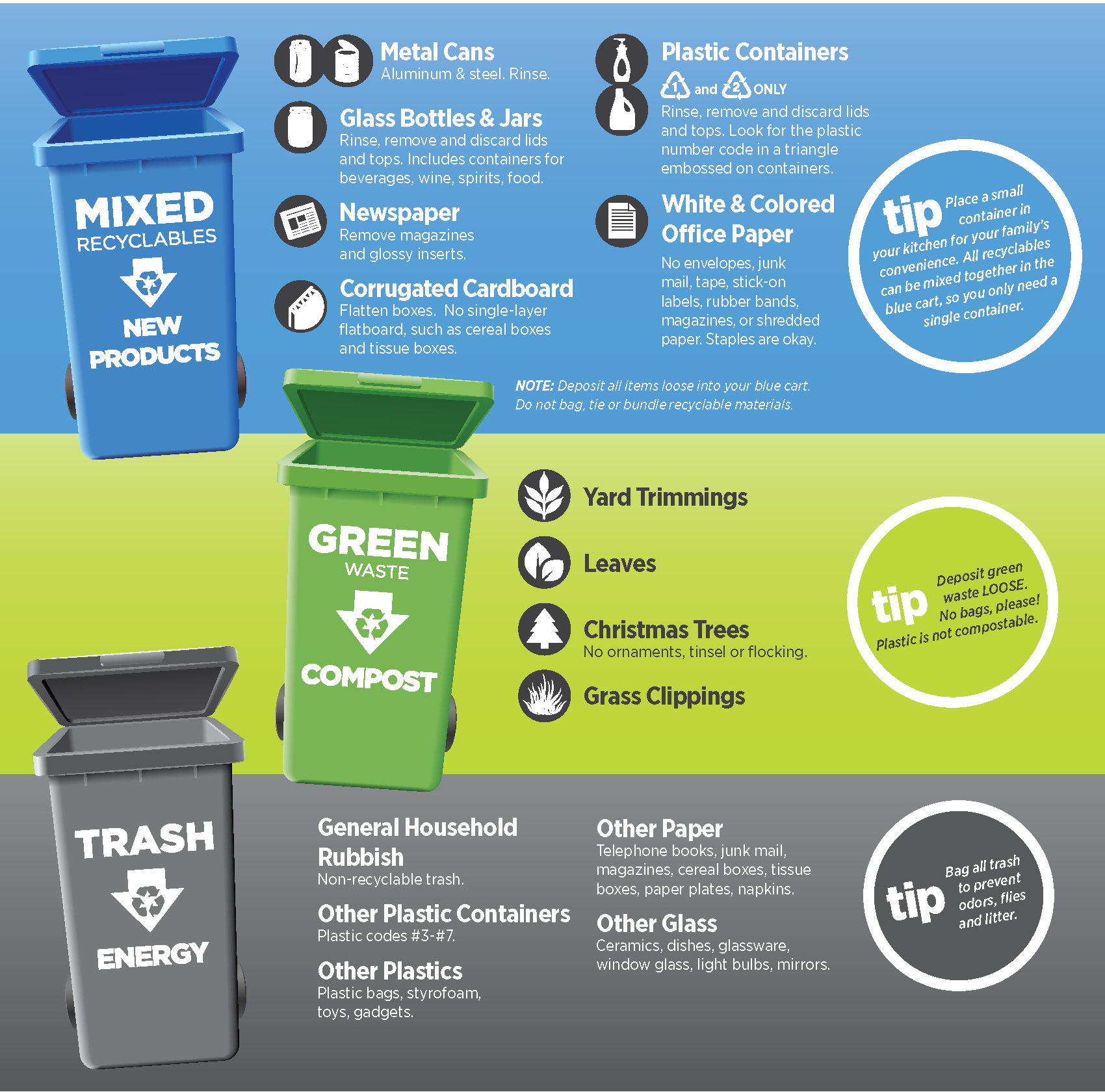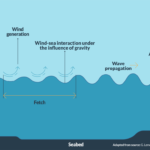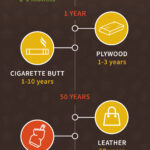Eco-friendly trash bags are designed to minimize environmental impact, often made from biodegradable materials or recycled plastic. They represent a greener alternative to conventional plastic bags for waste disposal.
Managing waste sustainably is crucial in our effort to protect the environment. Adopting eco-friendly trash bags plays a significant role in this initiative, encouraging responsible disposal practices and reducing plastic pollution. These bags can break down faster than traditional plastic, sometimes using materials like cornstarch or PLA (polylactic acid) made from renewable resources.
Making the switch to eco-friendly options not only helps in cutting down on non-renewable waste but also supports the circular economy. The market for these sustainable products is growing, offering consumers a way to align their household routines with their environmental values. With enhanced public awareness and increased demand, eco-friendly trash bags become more accessible and cost-effective, providing an easy step towards a more sustainable lifestyle.

Credit: www.facebook.com
The Problem With Traditional Plastic Bags
Traditional plastic bags create a big challenge for our planet. These bags come from materials that harm nature. Animals may eat these by mistake, which can make them very sick. Plastic bags also use lots of oil to make. This is not good for our Earth.
Environmental Impact Of Non-biodegradable Bags
Traditional plastic bags do not break down easily. When they are thrown away, they last many years.
Animals and plants suffer because of this. Even tiny pieces of plastic can be dangerous when they get into soil and water. These pieces are called microplastics and can spread toxins.
- Plastic bags cause overflows in landfills.
- They also block waterways and drainage systems.
- The chemicals released can make soil and water poisonous.
The Longevity Of Plastic In Landfills
Plastic bags stay in landfills for a very long time. They can last for hundreds of years without breaking down. During this time, they can leak bad chemicals into the ground.
| Material | Time to Decompose |
|---|---|
| Traditional Plastic Bag | 500+ years |
| Biodegradable Bag | 3-6 months |
By choosing eco-friendly trash bags, we help reduce the number of plastic bags that end up in landfills.
Eco-friendly Alternatives To Conventional Trash Bags
Many households use plastic trash bags without considering their environmental impact. Switching to eco-friendly alternatives makes a big difference. This post explores options better for our planet.
Biodegradable Vs. Compostable Bags
Understanding the difference between biodegradable and compostable bags is crucial.
- Biodegradable bags: These bags break down into natural elements over time with the help of microorganisms.
- Compostable bags: These also break down, but turn into nutrient-rich compost suitable for soil amendment.
Both types are superior to traditional plastic, which can take centuries to decompose.
Materials Used In Eco-friendly Bags
Different materials offer eco-friendly benefits over conventional plastics. Here are a few:
| Material | Pros |
|---|---|
| Cornstarch-based | Compostable, becomes soil nutrient |
| Recycled plastics | Reduces need for new plastic, lower carbon footprint |
| Plant-based (like PLA) | Renewable source, breaks down quicker |
By choosing any of these materials, families take a positive step towards sustainability.
The Benefits Of Switching To Green Disposal Solutions
Join the journey towards a greener planet by switching to eco-friendly trash bags. These sustainable options offer a host of benefits for the environment and contribute to a healthier Earth. Let’s explore how making the simple switch to green disposal solutions can make a big impact.
Reducing Your Carbon Footprint
Traditional plastic bags take decades to break down, releasing harmful chemicals into the environment. Eco-friendly bags, designed from materials like plant-based biopolymers or recycled plastics, decompose more quickly with less environmental impact.
- Less pollution: Green bags minimize air and soil pollution.
- Energy efficient: They require less energy to produce than traditional plastic.
- Decreased waste: Using bags made from recycled materials helps reduce landfill waste.
Contributing To A Circular Economy
Eco-friendly trash bags support a circular economy, a system where products are reused and recycled, rather than disposed of.
| Benefit | Impact |
|---|---|
| Resource conservation | Less raw material is needed as waste transforms into new products. |
| Job creation | New jobs emerge in recycling and manufacturing industries. |
| Sustainable growth | A stronger economy with reduced dependence on finite resources develops. |
As consumers, choosing products with earth-friendly materials drives demand for sustainable goods. This helps encourage companies to innovate and create products that are kind to our planet.
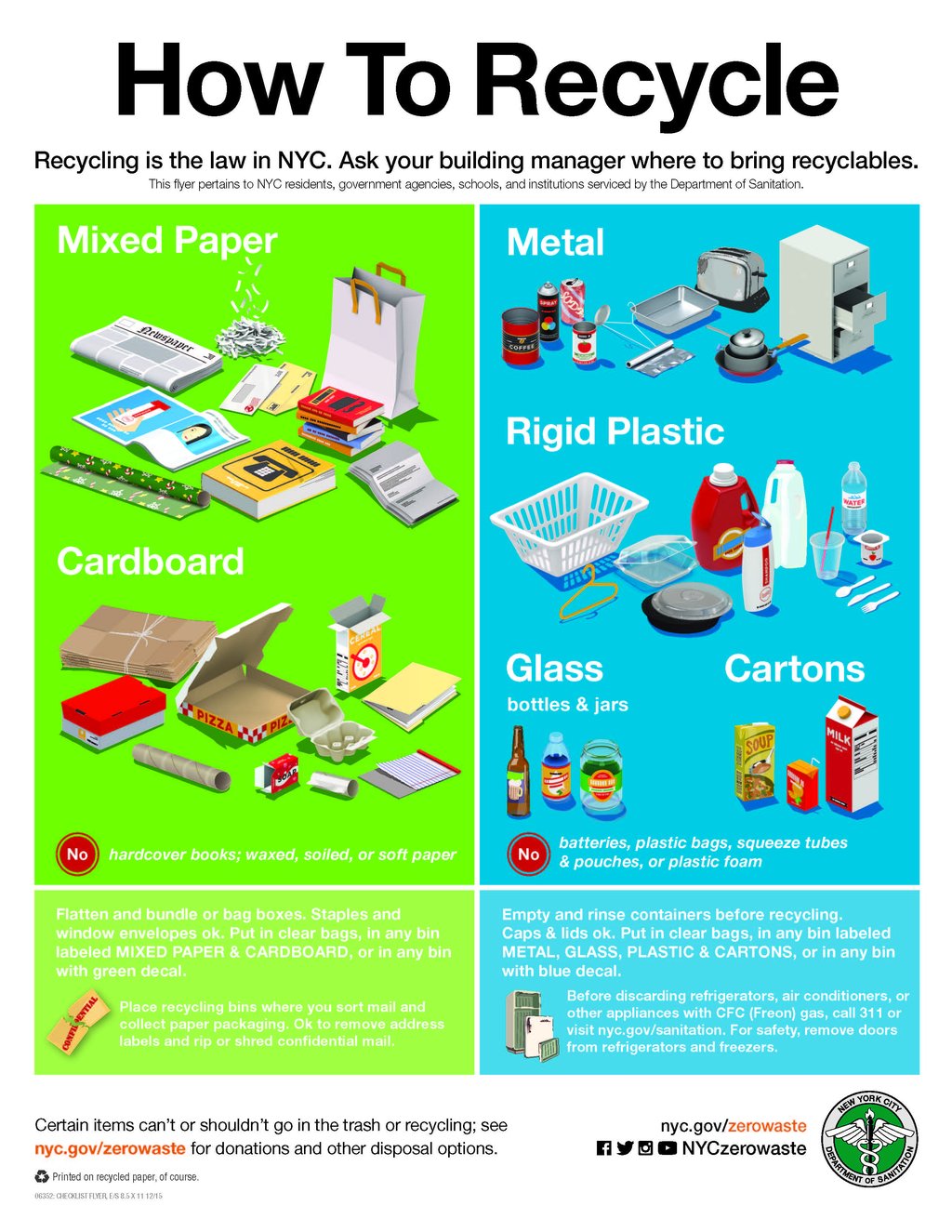
Credit: twitter.com
Challenges Faced By Eco-friendly Trash Bags
While eco-friendly trash bags offer environmental benefits, they face notable hurdles. Understanding their challenges is key to fostering more sustainable waste management practices.
Misconceptions About BiodegradabilityMisconceptions About Biodegradability
A common challenge is the confusion around biodegradability terms. Consumers often believe eco-friendly trash bags will break down swiftly in any setting. Yet, proper conditions are crucial for this process.
- Compostable vs. Biodegradable: Not all bags labeled “eco-friendly” are compostable. Compostable bags require specific conditions to degrade.
- Landfill Realities: In landfills, the lack of oxygen slows down the degradation of biodegradable materials.
Higher Cost Concerns And Solutions
Eco-friendly trash bags often come with a higher price tag compared to regular plastic bags. This is due to the sustainable materials and manufacturing processes involved.
| Concern | Solution |
|---|---|
| Initial Cost | Invest over time, bulk buy, and seek subsidies. |
| Material Sourcing | Support innovation for cost-effective materials. |
How To Choose The Right Eco-friendly Trash Bag
Choosing the right eco-friendly trash bag is a simple step towards a healthier planet. These bags reduce waste and pollution. They also keep our earth clean. Let’s learn how to pick the best one.
Understanding Different Certifications
Certifications help you trust the eco-friendly claims. Look for these labels:
- Biodegradable Products Institute (BPI): Confirms bags break down in compost.
- TUV Austria: Shows bags are ok for home compost.
- Green Seal: Means high eco standards are met.
These certifications ensure bags are good for the earth.
Assessing Your Household Needs
Think about what you throw away. It matters for the trash bag you choose. Use the table below to match bags to your needs:
| Need | Type of Bag |
|---|---|
| Wet waste | Compostable bags |
| Yard debris | Paper bags |
| Regular trash | Recycled plastic bags |
Choose a size and strength that matches your trash amount and type.
Remember to not overload bags. This prevents tears and waste spillage.

Credit: ecocycle.org
Practical Tips For Reducing Waste Beyond Trash Bags
When we think about reducing waste, eco-friendly trash bags come to mind. Yet, cutting down waste requires more than just swapping out your trash bags. The quest towards a greener planet is about changing our daily habits. Let’s delve into practical tips that go beyond the usual trash bag.
Embracing A Minimalist Lifestyle
Living with less can significantly cut down on waste. A minimalist approach encourages buying fewer things. This reduces the need for disposing of unwanted items later. Start by decluttering your home and donating items you don’t use. Choose quality over quantity when purchasing new items. This simple change has a profound impact on waste production.
- Evaluate your possessions and keep only what you really need.
- Opt for products with minimal packaging or those that come in recyclable packaging.
- Buy durable items that have a longer lifespan to avoid frequent replacements.
Composting And Recycling Best Practices
| Composting | Recycling |
|---|---|
| Start composting kitchen scraps like fruit peels and coffee grounds. | Sort recyclables like paper, plastics, and metals as per local guidelines. |
| Use compost to enrich garden soil, reducing the need for chemical fertilizers. | Ensure items are clean before recycling to prevent contamination. |
Composting is nature’s way of recycling organic waste. It turns kitchen scraps and yard waste into valuable compost for your garden. On the other hand, recycling helps reuse materials that would otherwise end up in landfills. Become familiar with your local recycling rules. They vary by region and can affect the recycling process.
- Reduce the amount of single-use plastics and opt for reusable containers instead.
- Identify which materials are recyclable in your community to ensure proper disposal.
- Store a separate bin for recyclables to make the process hassle-free at home.
Frequently Asked Questions Of Eco Friendly Trash Bags
What Is The Best Trash Bag To Use For The Environment?
The best eco-friendly trash bag option is biodegradable or compostable bags made from plant-based materials, such as cornstarch. These bags break down naturally, reducing environmental impact.
What Is An Eco-friendly Alternative To Trash Bags?
Compostable trash bags made from plant-based materials offer an eco-friendly alternative to traditional plastic bags. Reusable cloth bags are another sustainable choice for waste disposal.
Which Is Better Biodegradable Or Compostable Trash Bags?
Compostable trash bags are generally better; they break down into non-toxic components in a compost environment. Biodegradable bags may not fully decompose and can leave behind residue.
Are Garbage Bags Eco-friendly?
Most traditional garbage bags are not eco-friendly as they are made from non-biodegradable plastics that harm the environment. However, biodegradable and compostable options are more sustainable choices.
Conclusion
Selecting the right eco-friendly trash bags makes a difference for our planet. By choosing biodegradable options, we reduce plastic waste and its environmental impact. Remember, small changes lead to significant benefits. Let’s commit to greener choices, starting with our trash bags.
Embrace sustainability; the Earth will thank you.
